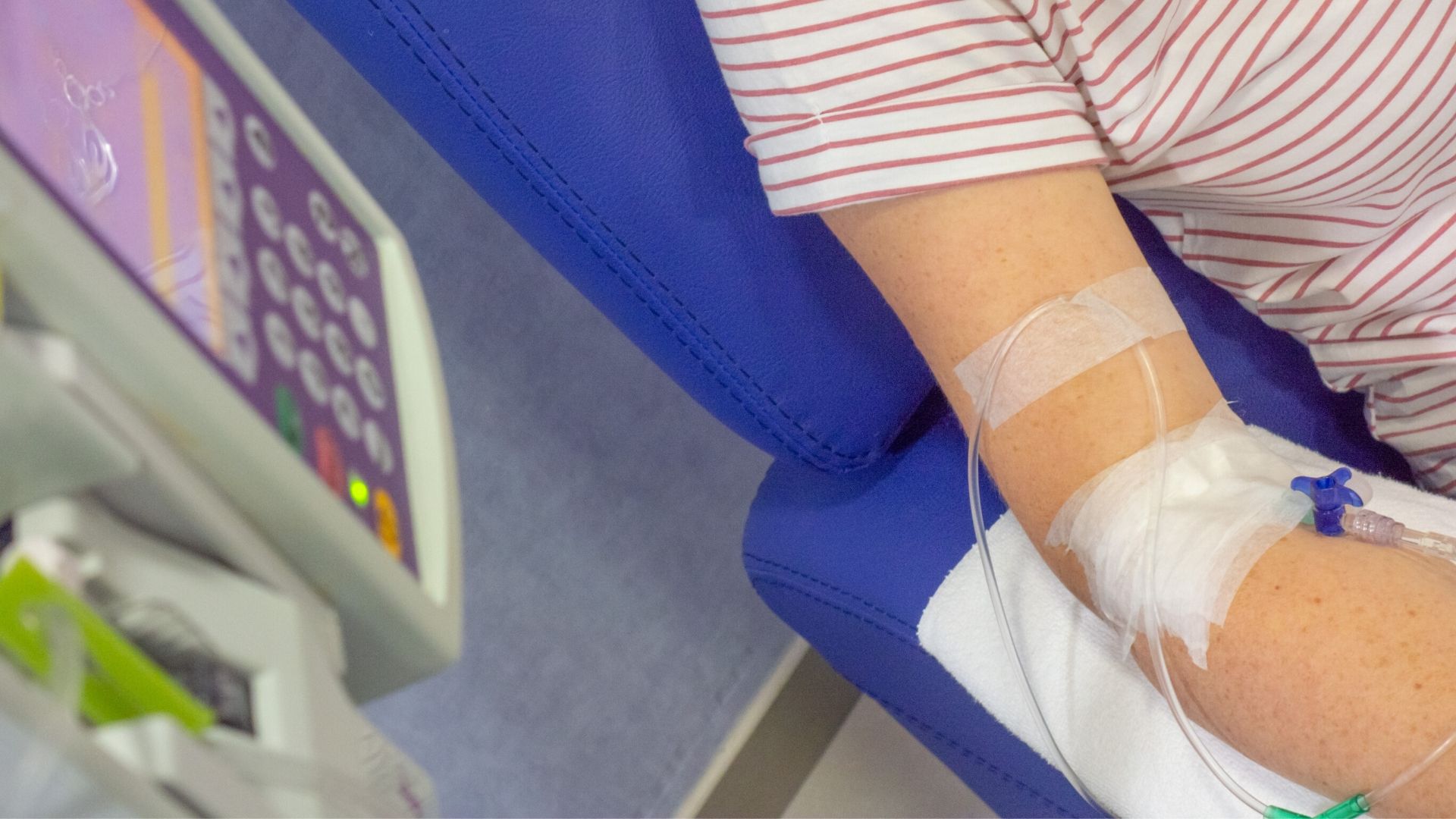Symptoms and diagnosis of CML

Symptoms of CML
CML develops very slowly so there may be no symptoms in the early stages. The most common symptoms of CML include:
- Tiredness and looking pale
- Getting infections more often and recovering more slowly from infections
- Weight loss/loss of appetite
- Shortness of breath
- Anaemia (fewer red blood cells)
- Night sweats and fever
- Swollen lymph nodes
- Bone pain
- Unexplained bleeding or bruising
- Headaches
- Sight changes
- Swelling of your spleen and/or tenderness on the left side of your abdomen, caused by an enlarged spleen
All these symptoms can be caused by conditions other than cancer, but it’s important to go to the GP and get any unusual changes checked out.
Treatment is usually very effective at keeping the symptoms of CML under control.
Can I be screened for CML?
Testing for CML when you have no symptoms is called screening. There is no leukaemia screening programme. This is because there have been no tests proven to help predict leukaemia. If you are worried about leukaemia, contact your family doctor (GP).
Diagnosing CML
Your family doctor (GP) will talk to you about your symptoms and arrange blood tests, if needed. If your blood test is abnormal you will be referred to hospital for more tests. For example:
- Blood tests, such as a full blood count
- Lumbar puncture: Taking a sample of the fluid that surrounds your brain and spinal cord using a needle in your lower back. The fluid will be checked for cancer cells.
- Bone marrow biopsy: Taking a sample of your bone marrow (and maybe bone). The sample is taken from the inside of your bone, usually the hipbone. The sample is examined under a microscope to see the number and type of cells in it. You may have this test to diagnose CML and also to see how you are responding to treatment.
Tests on blood and bone marrow
Chromosome studies (cytogenetics)
Chromosome testing looks at how DNA is laid out and organised within a cell. DNA is a molecule that contains all of our genetic information. In chromosomes, DNA is twisted and coiled to protect it from damage.
These tests detect big mistakes in the layout of the cell’s genetic material. For example, they can tell your doctor if you have the Philadelphia chromosome - an abnormal chromosome which is found in more than 9 out of 10 people with CML. Doctors can use the results of these tests to help plan your treatment.
PCR (polymerase chain reaction) test
This is a very sensitive blood test that detects the amount of the abnormal BCR-ABL1 gene in your blood. The BCR-ABL1 gene is produced because of the abnormal Philadelphia chromosome.
Immunophenotyping
This is a test that checks what kind of proteins or markers are on the surface of your leukaemia cells. This tells doctors more about your CML.
You may need other tests, such as a chest x-ray, CT scan or ultrasound scan.

A haematologist is a doctor who specialises in treating blood and bone marrow problems.
For more information
Phone
1800 200 700



